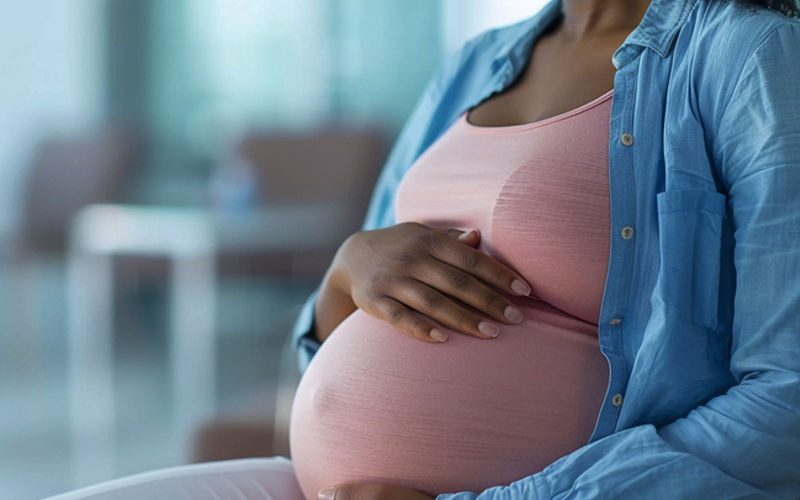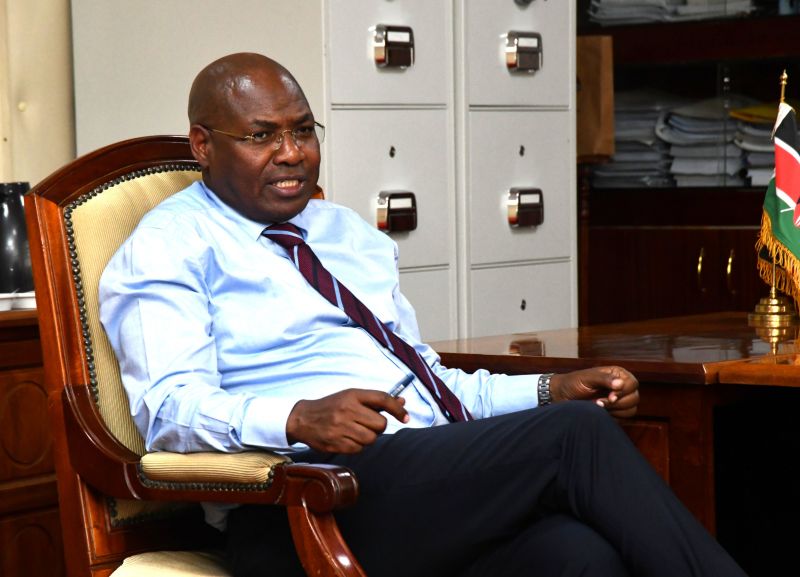Civil society groups warn restrictive laws forcing millions into unsafe abortions in Africa

The organisations highlighted that adolescents, people living with disabilities, those in rural or underserved communities, survivors of sexual violence and individuals in conflict zones face the highest risks.
Civil society organisations across Africa have warned that restrictive laws and policies are pushing millions of women and girls toward unsafe abortions each year, calling for urgent reforms to protect lives and uphold reproductive rights.
In a joint statement, the African Civil Society Organisations (CSOs) expressed concern that 8.3 million women and girls in Africa undergo unsafe abortions annually, making it one of the leading causes of maternal mortality.
More To Read
- Kenya on UN radar after ignoring letters on human rights abuses
- Coast civil society slams Mombasa County for failing to implement Serikali za Mtaa Act
- Namibia’s president calls for reparative justice to address historical injustices against African women
- Don’t bury before autopsies- rights groups say, as they demand speedy, transparent probe
- Philanthropist Mo Ibrahim slams Tanzania, Uganda over crackdown on critics
- Civil society groups give AU, EAC 72 hours to act on alleged abductions, torture in Tanzania
The organisations now want governments to uphold the Maputo Protocol and ensure safe, accessible abortion services.
The Maputo Protocol is the Protocol to the African Charter on Human and Peoples' Rights on the Rights of Women in Africa. Adopted in 2003 and in force since 2005, it is a progressive human rights treaty that promotes and protects the rights of women and girls across Africa by addressing their civil, political, economic, social, cultural, and environmental rights.
“We stand in solidarity with women, adolescent girls, and all people who can become pregnant, recognising that access to safe abortion is essential healthcare and a fundamental human right,” they said on Sunday during the commemoration of International Safe Abortion Day (ISAD).
The groups include the Federation of Women Lawyers Kenya (FIDA-K), Women’s Global Network for Reproductive Rights (WGNRR), Nyale Institute, Centre for Reproductive Rights, SUPERB, Women’s Probono Initiative, the Medicines Research and Access Platform for Equality and others.
The organisations highlighted that adolescents, people living with disabilities, those in rural or underserved communities, survivors of sexual violence and individuals in conflict zones face the highest risks.
The CSOs reaffirmed that the Protocol to the African Charter on Human and Peoples’ Rights on the Rights of Women in Africa, known as the Maputo Protocol, explicitly recognises abortion as a right under Article 14(2)(c).
“This provision obligates State parties to provide abortion services in cases of sexual assault, rape, incest, and when pregnancy endangers the mental or physical health or life of the woman, or the life of the fetus,” reads the statement.
While acknowledging progress in some countries such as Rwanda, the groups warned of persistent barriers in Kenya, Nigeria, Malawi, Tanzania, Uganda and Zambia. These include third-party consent requirements, reporting obligations for healthcare providers and restrictions on which cadres of healthcare workers can perform abortions.
“In some cases, there is blanket criminalisation of those who seek and provide post-abortion care, for example, in Nigeria, Tanzania, Malawi, and Kenya,” the organisations noted.
The groups also highlighted that these legal, policy, and administrative barriers, coupled with disparities in cost between public and private facilities, create uncertainty that discourages healthcare providers from performing abortions, even in emergencies.
“This drives women and girls to seek unsafe abortions with devastating consequences to their health and well-being,” they said.
Further concerns were raised over regressive trends on the continent, including attempts to roll back legal protections, the spread of misinformation and the stigmatisation of healthcare providers and patients seeking abortion services.
“The resultant effect is the compounding of the intersecting barriers that women and girls face, denying them the full range of essential sexual and reproductive health services,” the CSOs said.
Top Stories Today













































